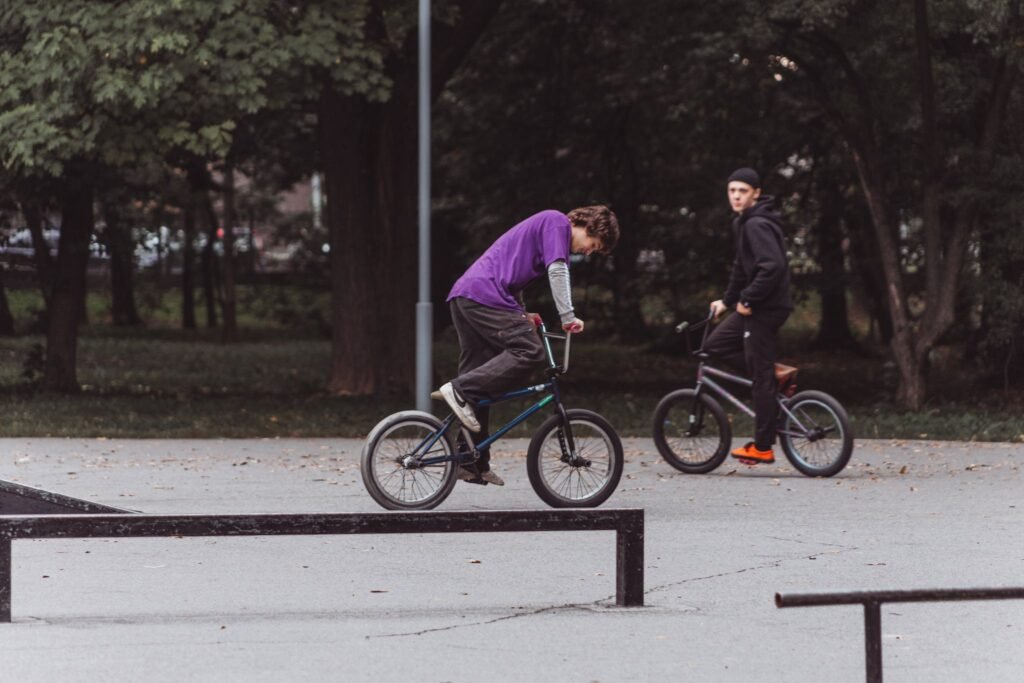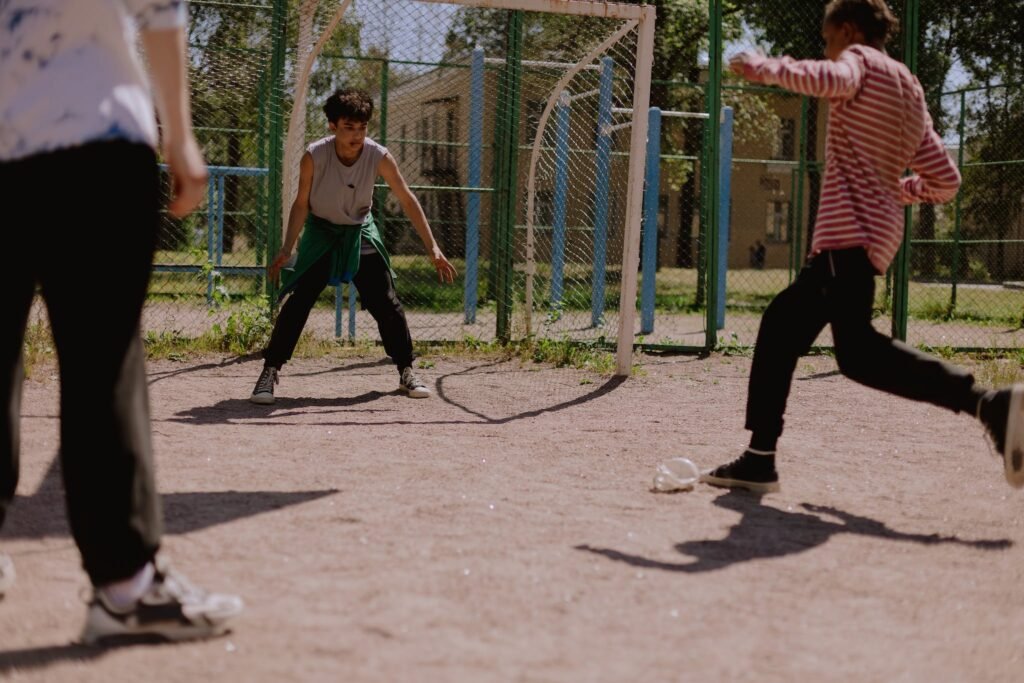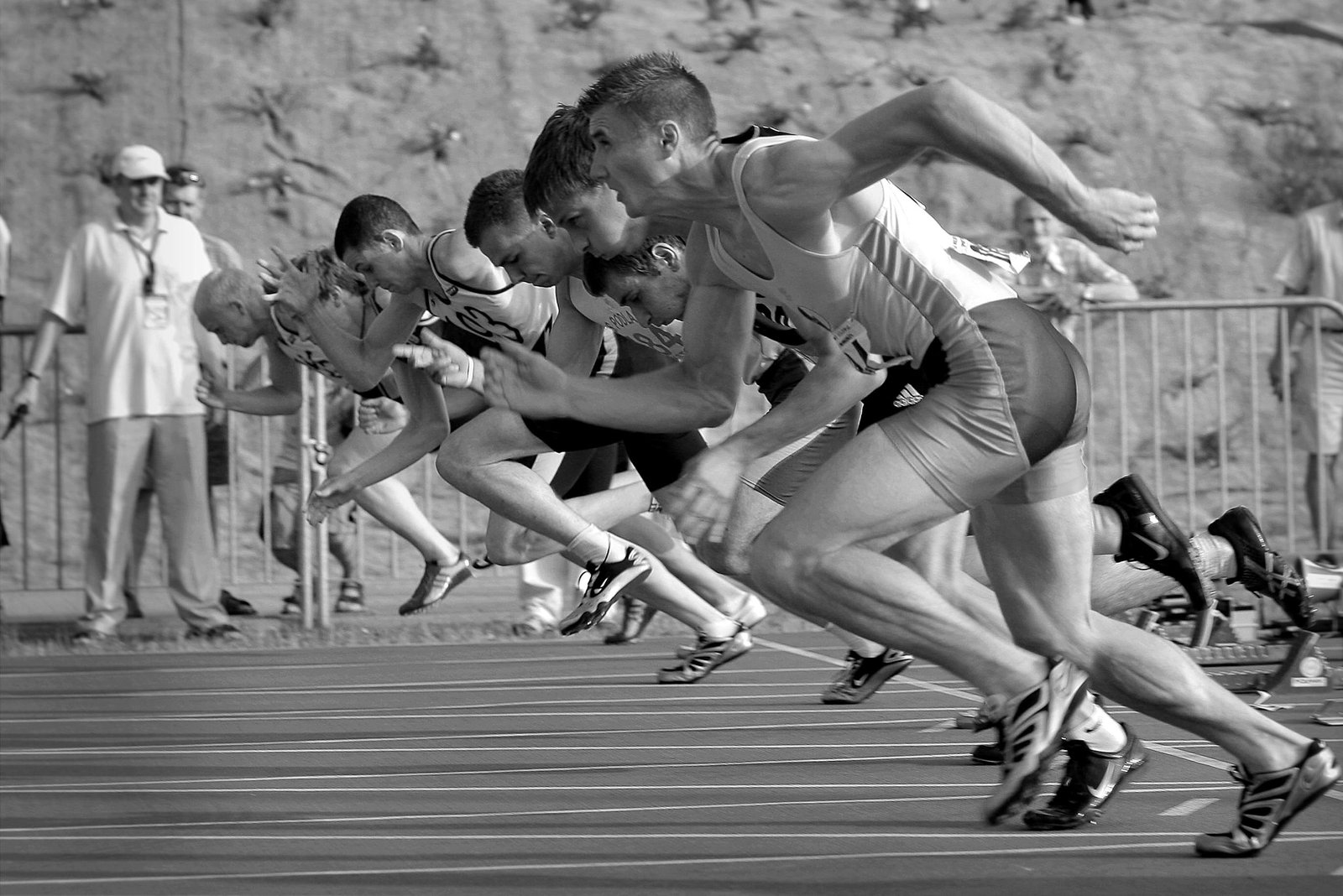Hydration Guidelines for Active Teens
There are some affiliate links below, but they are all products I highly recommend. For more info, view my disclosure here.
Active teen looking to crush your games and other fun activities? Hold the sport drinks, H2O is your new MVP.
Staying hydrated takes your game to the next level, while dehydration is an athletic fail. We’ve got the hydration hacks to keep you sharp and energized.
Learn how much water your body really needs, plus signs you’re running low. Get the inside scoop for hydrating before, during, and after exercise. Should you reach for a beverage or a banana? We’ve got you covered.
Don’t just wing your water intake. With these pro tips, you’ll replenish right and feel the difference. Get ready to perform at your peak!

Importance of Hydration for Active Teens
Staying hydrated is crucial for active teens like you. When you’re engaged in physical activities, your body loses water through sweat, and it’s important to replenish that lost fluid. Hydration plays a vital role in maintaining optimal performance and overall well-being.
Proper hydration ensures that your body functions efficiently. Water is essential for delivering nutrients to your muscles, regulating body temperature, and lubricating your joints. When you’re dehydrated, these functions can be compromised, leading to decreased endurance, muscle cramps, and fatigue. By staying hydrated, you’ll have more energy to power through your workouts and perform at your best.
In addition to physical performance, hydration also affects your cognitive function. Dehydration can impair your concentration, memory, and decision-making abilities. As an active teen, you need to stay mentally sharp to excel in both academics and sports. Drinking enough water throughout the day can help you stay focused and alert.
To ensure proper hydration, it’s recommended that you drink water before, during, and after physical activity. The American Academy of Pediatrics suggests that active teens should aim to drink eight to ten cups (64-80 ounces) of water per day. Remember, thirst isn’t always a reliable indicator of dehydration, so it’s important to drink water regularly, even if you don’t feel thirsty.

Recommended Daily Water Intake for Teens
You should aim to drink about 8 cups of water each day. Staying properly hydrated is crucial for your overall health, especially as an active teenager. Water plays a vital role in maintaining your body’s temperature, transporting nutrients, and flushing out toxins. When you engage in physical activities, you sweat, leading to fluid loss. To replenish the lost fluids and maintain optimal hydration levels, it’s important to consume enough water throughout the day.
Drinking 8 cups of water may seem like a lot, but it’s a manageable goal. To make it easier, carry a water bottle with you wherever you go. Sip on water throughout the day, especially during and after exercise. It’s essential to listen to your body’s signals and drink when you feel thirsty. Additionally, consuming water-rich foods, such as fruits and vegetables, can contribute to your daily water intake.
Keep in mind that individual water needs may vary based on factors like climate, activity level, and overall health. If you engage in intense physical activities or live in a hot climate, you may need to drink more water to stay properly hydrated. Pay attention to your body’s cues and adjust your water intake accordingly.
Signs of Dehydration to Watch Out For
To prevent dehydration, it’s important to be aware of the signs your body may be showing. Your body is incredibly smart and has its own way of communicating with you. One of the first signs of dehydration is feeling thirsty. When you’re dehydrated, your body will send signals to your brain to let you know that it needs more fluids. Pay attention to this signal and drink water as soon as you start feeling thirsty.
Another sign to watch out for is dark-colored urine. If you notice that your urine is darker than usual or has a strong odor, it might be an indication that you’re not drinking enough water.
Additionally, feeling tired or fatigued can be a sign of dehydration. When your body lacks water, it can’t function at its best, leading to feelings of exhaustion. So, if you’re feeling unusually tired, try drinking a glass of water and see if it helps.
Other signs of dehydration include dry mouth, dizziness, headache, and decreased urine output.

Pre-Exercise Hydration Strategies
If you’re planning to exercise, make sure to drink plenty of water beforehand to keep your body properly hydrated. Hydration is essential for maintaining optimal performance and preventing dehydration during physical activity. Before you start your workout, aim to drink at least 16 to 20 ounces of water, about two cups. This will help ensure that your body is adequately hydrated and ready to take on the physical demands of exercise.
Proper pre-exercise hydration is important because it helps regulate your body temperature, lubricates your joints, and transports nutrients to your muscles. When you’re dehydrated, your body has a harder time regulating temperature, which can lead to overheating and fatigue. It can also impair your muscle function, making it more difficult to perform at your best.
To stay properly hydrated, it’s a good idea to drink water throughout the day, not just right before your workout. Aim to drink at least eight cups (64 ounces) of water per day, and more if you’re engaging in intense exercise or spending time in hot weather. Remember, thirst isn’t always a reliable indicator of hydration status, so it’s important to drink water even if you don’t feel thirsty.
In addition to water, you can also include other hydrating beverages like sports drinks or coconut water to replenish electrolytes lost through sweat. Just be mindful of the added sugars and calories in these drinks, and opt for water as your primary source of hydration.
During-Exercise Hydration Tips
Staying properly hydrated during exercise is crucial for maintaining optimal performance and preventing dehydration. When you’re active, your body loses water through sweat, and it’s important to replenish those fluids to stay hydrated.
Here are some tips to help you stay properly hydrated during exercise.
Firstly, make sure to drink water before your workout. Aim to consume about 16 to 20 ounces of water at least two hours before exercising. This will help ensure that you start your workout properly hydrated.
During your workout, it’s essential to take regular sips of water. Don’t wait until you feel thirsty to drink, as thirst is a sign that you’re already dehydrated. Instead, try to drink small amounts of water every 15 to 20 minutes. This will help replenish the fluids you’re losing through sweat and keep you hydrated throughout your workout.
If you’re engaging in intense or prolonged exercise, consider using a sports drink that contains electrolytes. Electrolytes, such as sodium and potassium, help replenish the minerals lost through sweat and can aid in maintaining fluid balance in your body.
Post-Exercise Hydration and Recovery
After your workout, it’s important to replenish your body with fluids and nutrients to aid in recovery and rehydration. Your body loses water and electrolytes through sweat during exercise, so it’s crucial to replace them afterwards.
Start by drinking plenty of water to rehydrate. Aim for at least 16 to 20 ounces of water within the first hour after your workout. You can also consider sports drinks that contain electrolytes to help replenish what you’ve lost. These electrolytes, such as sodium and potassium, help regulate fluid balance and muscle function.
In addition to fluids, it’s important to consume carbohydrates and protein to aid in recovery. Carbohydrates provide the energy your body needs to replenish glycogen stores, while protein helps repair and rebuild muscle tissues.
A good option is a post-workout snack or meal that combines carbohydrates and protein, such as a banana with peanut butter or a turkey sandwich.
Hydration Tips for Outdoor Activities
Now that you know how important it’s to stay hydrated after exercise, let’s talk about some hydration tips specifically for outdoor activities. When you’re out in the sun and engaging in physical activities, it’s crucial to keep your body hydrated to perform at your best and prevent dehydration.
First, make sure you always carry a reusable water bottle with you. This way, you can easily quench your thirst whenever you need to. Remember to take small sips frequently rather than gulping down a lot of water at once.
Additionally, try to avoid sugary drinks or caffeinated beverages as they can actually dehydrate you. Stick to water or sports drinks that contain electrolytes to replenish the minerals lost through sweat.
Don’t wait until you’re thirsty to drink water. By the time you feel thirsty, your body is already dehydrated. Keep sipping on water throughout your activity to stay ahead of dehydration.
Lastly, if you’re planning a long outdoor activity, consider wearing lightweight and breathable clothing to prevent excessive sweating. Also, try to plan your activities during cooler times of the day, such as early morning or late afternoon, to avoid the peak heat.
Hydration and Sports Drinks: What You Need to Know
To stay properly hydrated during physical activities, it’s important that you understand the role of sports drinks and how they can benefit your performance.
Sports drinks are specially formulated to help replenish the fluids and electrolytes lost through sweating during exercise. They contain a combination of carbohydrates, electrolytes, and water, which can help fuel your muscles and keep you hydrated.
When you engage in intense physical activities or exercise for an extended period, your body loses water and electrolytes, such as sodium and potassium. Sports drinks can help replace these essential nutrients and prevent dehydration. Additionally, the carbohydrates in sports drinks provide a quick source of energy, helping to maintain your performance and endurance.
While water is sufficient for most light to moderate activities, sports drinks can be beneficial for more intense workouts lasting longer than an hour. It’s important to note that sports drinks shouldn’t replace regular water intake and should be consumed in moderation. Drinking too many sports drinks can lead to unnecessary calorie intake and may not be suitable for everyone.
Always consult with a healthcare professional or a nutritionist to determine the best hydration strategy for your specific needs.


![Can You Bring a Water Bottle on a Plane in 2024? [Updated Guide] 5 Gray Plane Wing](https://hydratehere.com/wp-content/uploads/2024/08/gray-plane-wing-62623-scaled.jpg)




